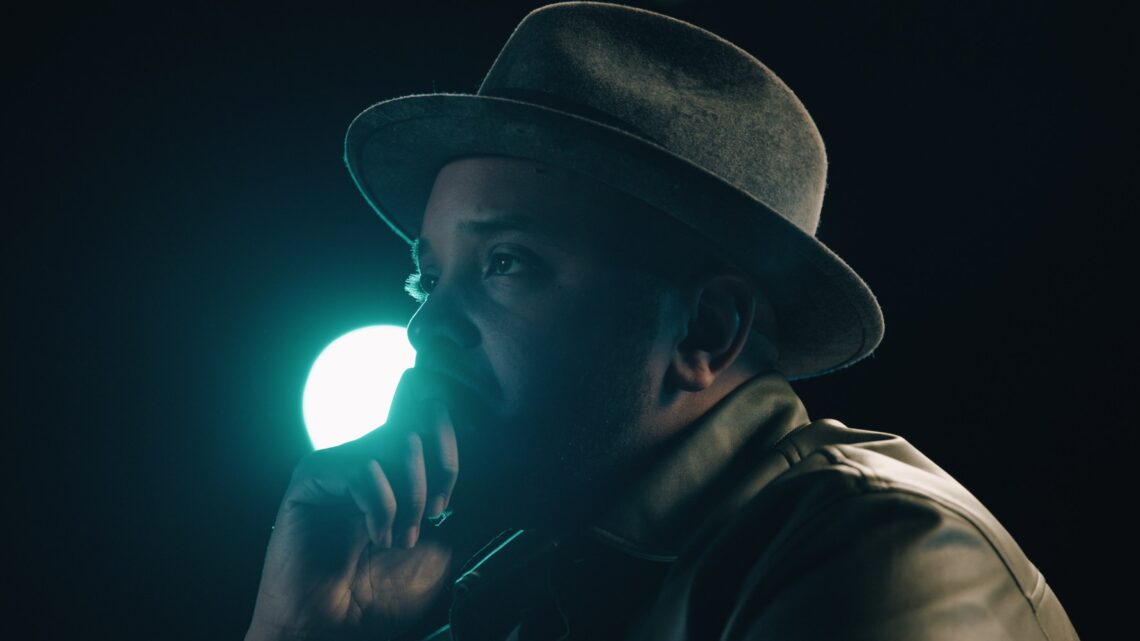The cyclical nature of diversity in Hollywood
Hollywood’s relationship with diversity has always been a rollercoaster, marked by periods of visibility and subsequent erasure. From the Blaxploitation era of the 1970s to the rise of Black auteurs in the 1990s, the industry has seen waves of Black talent making significant contributions, only to be sidelined once their impact is felt. The new MGM+ series, Hollywood Black, directed by Justin Simien and based on a book by a renowned historian, delves into this complex history. The series argues that cinema, as a medium, is inseparable from Blackness, offering a fresh perspective on film history through the voices of industry icons like Ryan Coogler, Ava DuVernay, and Charles Burnett.
The foundation of cinema: Built on our backs
The first episode, “Built on Our Backs,” takes us back to the birth of the moving picture. During the silent era and the transition to talkies, Blackness was often depicted through minstrel acts, blackface, or restrictive stereotypes. Performers like Bert Williams, Stepin Fetchit, and Hattie McDaniel navigated these oppressive conditions, showcasing their artistic brilliance despite the limitations. Simien’s approach is not to vilify these performers but to highlight how their work paved the way for future stars like Lena Horne and Richard Pryor.
A linear yet personal journey through film history
While Hollywood Black follows a linear timeline, it is enriched with personal stories from those within and around the industry. This narrative style allows viewers to see the interconnectedness of careers spanning decades, from Sidney Poitier to Eddie Murphy and Denzel Washington. Aligning these careers with American history, the series illustrates the profound impact of Black liberation and the Civil Rights Movement on all sectors of society.
Unveiling lesser-known moments in cinema
Many viewers might be familiar with major milestones in cinema history, such as the emergence of Spike Lee and the controversy surrounding The Color Purple. However, Hollywood Black distinguishes itself by shedding light on lesser-known facts. The third episode, ”The Price of Admission,” explores the rise of Black women directors like Julie Dash, Cheryl Dunye, and Kasi Lemmons. It also highlights the significance of Waiting to Exhale, a film that resonated deeply with the underrepresented audience of Black women moviegoers. The movie’s soundtrack, produced by Babyface, remains popular to this day.
Fundamental questions about Black storytelling
More than just a history lesson, Hollywood Black poses essential questions about the permanence of Black storytelling in an ever-volatile industry. At a time when racism is more visible than ever, the series examines the diversity within the Black community and the emergence of respectability politics. The production of hood movies like Boyz N the Hood and Menace II Society in the ’90s offered a singular, masculine view of Blackness, causing concern among the Black middle and upper classes. Queer representation in Black stories has been scarce, with directors like Marlon Riggs creating films like Tongues Untied to combat homophobia. Even today, discussions about stereotypical characterizations continue to challenge filmmakers like Tyler Perry.
Shifting perspectives on representation
Hollywood Black doesn’t claim to have all the answers but encourages viewers to shift their perspectives. It suggests moving beyond simplistic cries for representation, which have often resulted in reductive portrayals of Black experiences in films like The Blind Side and The Help. Instead, Hollywood should focus on creating equitable opportunities and championing projects that genuinely understand and care for Black characters. The series is a poignant reminder that Black films are deeply intertwined with the American story and are an integral part of the cinema landscape.
Hollywood Black premieres on August 11 on MGM+, with new episodes airing weekly on Sundays.
For more information and to watch the trailer, visit Hollywood Black.
Personal reflections for cinema, TV series, and music enthusiasts
As a cinema enthusiast, Hollywood Black offers a compelling narrative that reexamines the contributions of Black artists to the film industry. The series not only highlights the struggles and triumphs of these artists but also provides a broader context of their impact on American culture. For TV series aficionados, the linear yet personal storytelling approach makes it easy to follow the evolution of Black cinema while connecting it to larger historical movements.
Music lovers will appreciate the exploration of soundtracks that have defined Black cinema, such as the Waiting to Exhale soundtrack produced by Babyface. The series underscores the importance of music in shaping the emotional and cultural resonance of films.
For those interested in diving deeper into the music mentioned in the series, check out the Waiting to Exhale Soundtrack on Spotify.
Hollywood Black is not just a series; it’s a call to action for a more inclusive and equitable film industry. It challenges us to rethink how we view representation and to advocate for stories that reflect the true diversity of the Black experience.

 Italian
Italian







